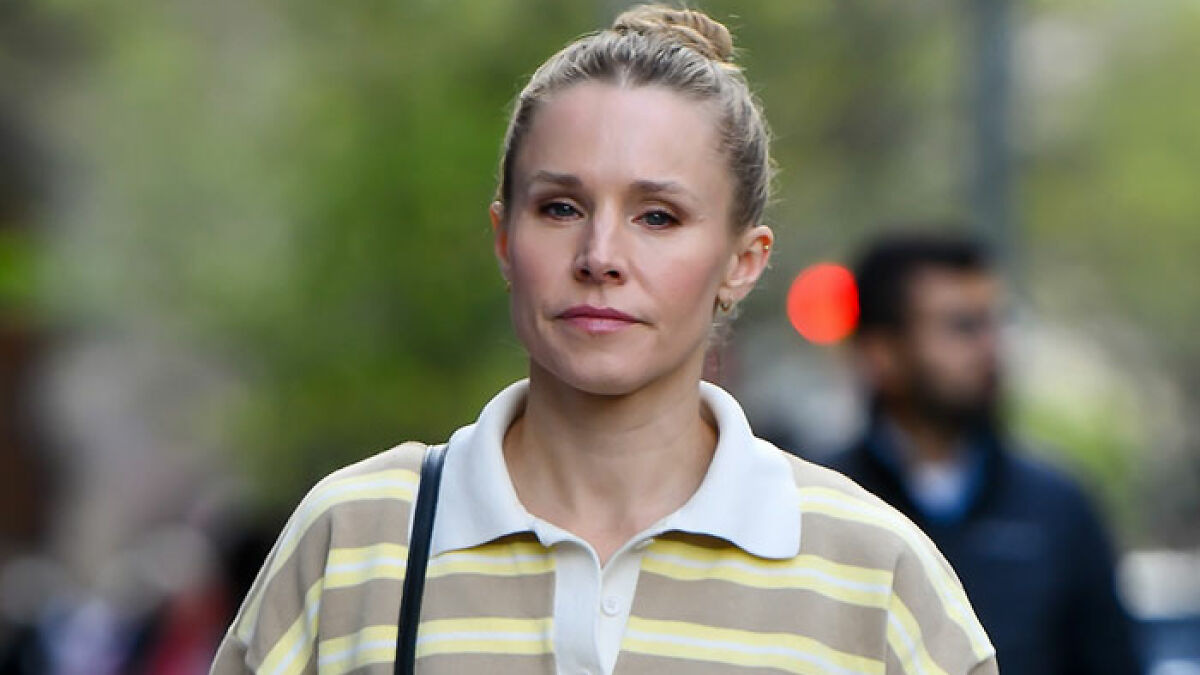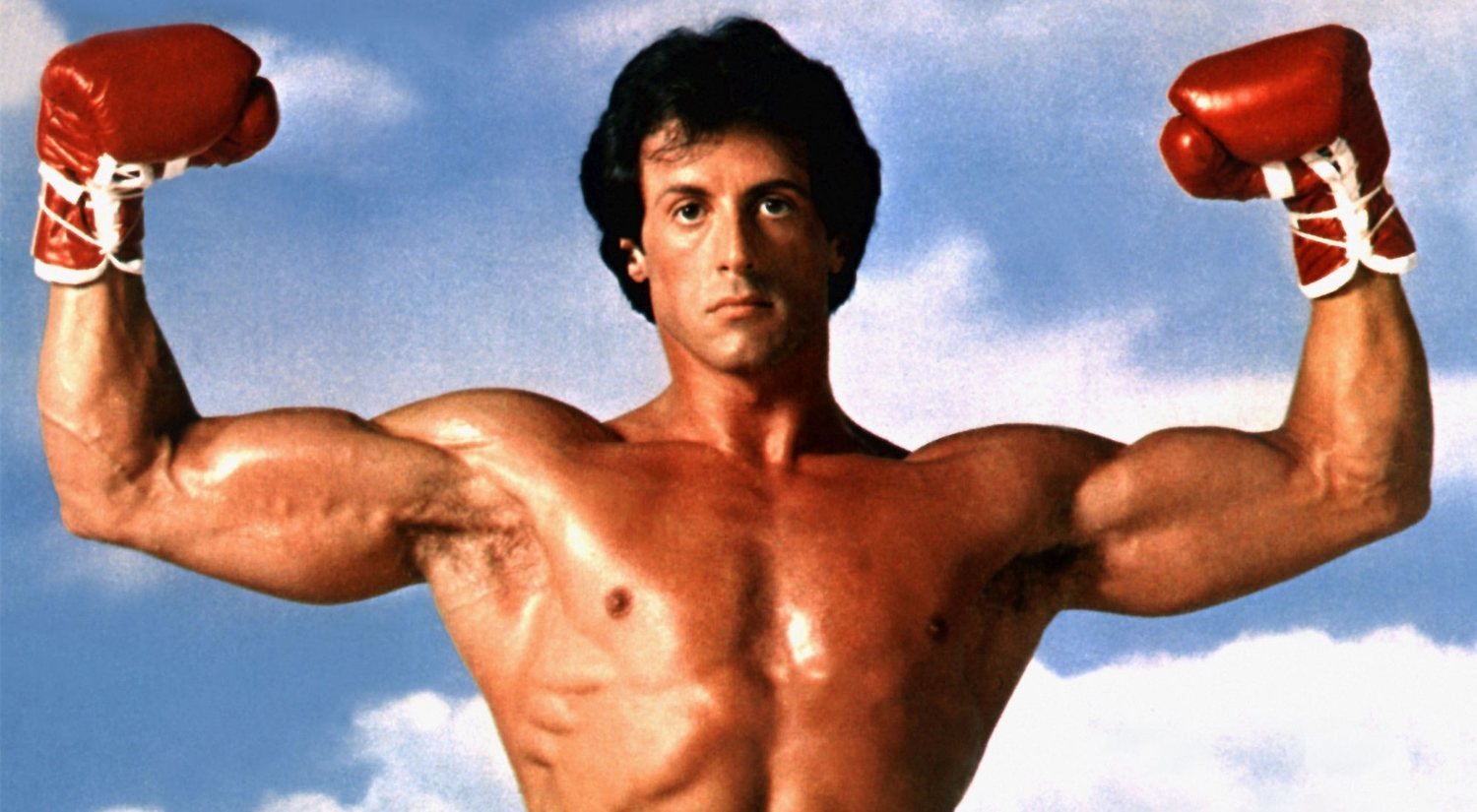In a powerful statement that resonates with the current socio-political landscape, Jane Fonda has breathed new life into the Committee for the First Amendment, a group that holds significant historical importance. This reimagined initiative marks an attempt to draw parallels between the past and the present, recognizing that the fight for free speech and artistic expression remains a crucial cause. Fonda’s decision to revitalize the committee comes at a time when the United States is grappling with rising tensions surrounding censorship, political expression, and the role of media in democracy.
Revisiting a key historical moment
The Committee for the First Amendment was originally established during the 1940s to combat the influence of McCarthyism, a time when artists, authors, and intellectuals were unjustly persecuted for their political views. The initial group was instrumental in safeguarding the liberties of those labeled as communists or supporters, frequently without substantial evidence to back such allegations. Through the coordination of demonstrations and gatherings, the committee aimed to defend the freedom of speech conferred by the First Amendment of the U.S. Constitution, opposing a surge of governmental censorship that endangered the essence of free expression.
Currently, the revival of the Committee for the First Amendment by Fonda underscores the continuous significance of protecting civil rights. Reflecting on the McCarthy era, Fonda points out the insights gained from that period and stresses how freedom of speech remains vulnerable to various threats. “The risks are too significant,” she declares, drawing attention to contemporary issues that mirror past struggles. Her revitalized dedication to this cause represents an awareness that we are at a critical juncture, where artists and advocates must once more oppose pressures aiming to limit free conversation and opposition.
Free speech under siege in modern America
The current environment reflects a change in how freedom of expression is both supported and at risk. Unlike the obvious government censorship of McCarthy’s time, present issues are more intricate, frequently stemming from political divides, the sway of corporations, and new methods of control in the digital era. Social media networks, as an example, have turned into arenas where claims of “cancel culture” and “fake news” obscure the boundaries of valid discussion. This setting has prompted challenging inquiries about the boundaries of free expression and ways to safeguard it in a world that largely relies on digital communication.
Fonda’s efforts to resurrect the Committee for the First Amendment are not just about nostalgia for a bygone era but also about confronting modern-day threats to free speech. She believes that while the tools of censorship have evolved, the fundamental battle for the freedom to express oneself remains just as urgent. From the rise of political correctness to the increasing regulation of speech online, the dangers of suppressing opposing viewpoints have never been more apparent.
As the country continues to debate the boundaries of free expression, Fonda’s committee serves as a reminder of the power of collective action in protecting fundamental rights. In her eyes, this isn’t merely about defending the voices of artists or intellectuals but ensuring that every American citizen has the right to speak their truth without fear of retaliation or repression. “The stakes are too high,” she insists, acknowledging that silence in the face of oppression is no longer an option.
The influence of famous individuals in promoting freedom of expression
In a world where celebrities wield significant influence over public discourse, Fonda’s decision to lead the charge in revitalizing the Committee for the First Amendment raises important questions about the responsibility of public figures in championing civil liberties. Over the decades, many artists and entertainers have used their platform to advocate for social and political change, often at great personal and professional risk. Fonda herself has been no stranger to this, having faced criticism and backlash for her outspoken views throughout her career.
By reactivating the committee, Fonda aligns herself with a long tradition of actors, writers, and musicians who have sought to protect freedom of expression. But the role of celebrities in defending free speech is often met with skepticism, particularly in an era when the lines between personal branding and social activism can be blurry. Critics may question whether celebrities truly understand the struggles of everyday citizens or if their advocacy is merely a form of self-promotion. Yet, Fonda’s commitment to the cause—rooted in her experience as an activist and her deep understanding of American history—speaks to the genuine urgency of this mission.
In a landscape where political polarization often leads to the silencing of dissenting voices, celebrities have the power to amplify causes that may otherwise be ignored. Their visibility can help to rally public support, mobilize action, and ultimately shift the conversation. By reinvigorating the Committee for the First Amendment, Fonda not only acknowledges her own responsibility but also urges other public figures to take a stand in defense of free speech and democracy.
A call to action for future generations
As Fonda continues to champion the cause of free expression, she encourages younger generations to become involved in the fight for civil liberties. “It’s not enough to sit on the sidelines,” she urges, stressing the need for active participation in defending the values that make America a free society. For Fonda, the reactivation of the committee is not just a symbolic gesture but a call to action for future leaders to rise to the occasion.
The ongoing efforts of the Committee for the First Amendment, in its latest form, will address various topics, including opposing media censorship and backing grassroots initiatives to defend civil rights. Fonda’s leadership highlights that the battle for freedom of expression is not restricted to a single time period, but rather is a continuous effort that demands alertness, activism, and steadfast dedication. As she envisions the times ahead, Fonda is resolute in her mission to guarantee that the voices of those who pursue truth, justice, and equality are never quieted again.
Fonda’s revival of the Committee for the First Amendment highlights an essential aspect: safeguarding free expression goes beyond politics and represents an ethical obligation. The significance of this is substantial, and as long as individuals continue to speak against unfairness and tyranny, the pursuit of liberty will persist.




